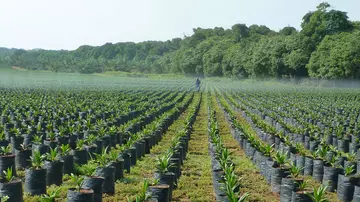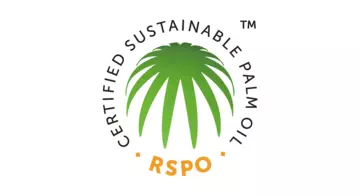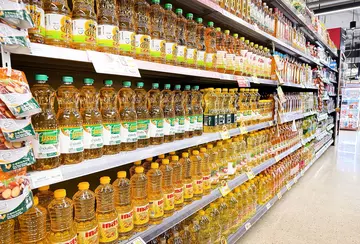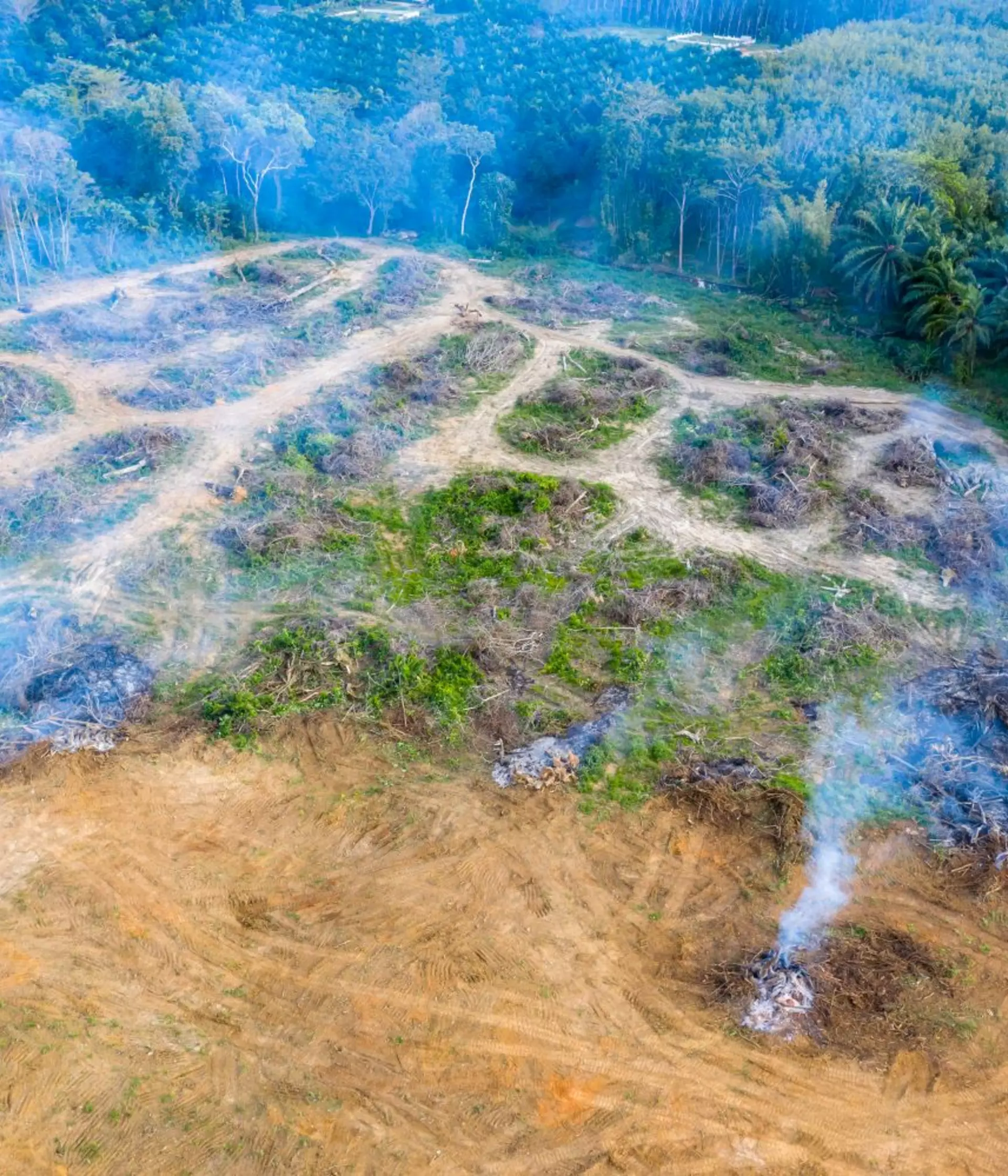
Concerned about the impacts of the palm oil sector on wildlife, habitats and the planet? Help us take meaningful action to stand up for the world’s tropical forests.
Palm oil is the world’s most popular vegetable oil – but it has been a major driver of tropical forest and biodiversity losses. If you’d like to support our mission to stop deforestation and create a more sustainable, wildlife-friendly palm oil sector, here’s how…

Choose sustainable palm oil products
Palm oil is found in a huge range of food and household goods. As consumers, we can all seek out and support sustainable palm oil products, such as those containing Roundtable on Sustainable Palm Oil (RSPO) palm oil. RSPO palm oil standards require that forests be protected from legal and illegal deforestation, wildlife habitats conserved, and workers, communities and indigenous people in palm oil-producing regions safeguarded. Look out for the RSPO certified sustainable palm oil logo, a palm tree, on products.
The free PalmOil Scan mobile app from the World Association of Zoos (WAZA) allows you to scan product barcodes to check whether they’re RSPO-certified, or you can search the RSPO list of labelled products. Alternatively, WWF’s Palm Oil Scorecard rates brands, including high-street chains, on their palm oil commitments.
It’s not always obvious, however, whether products contain certified sustainable palm oil. If it’s unclear from the product packaging or company website whether a brand is using sustainable palm oil, why not get in touch with them directly to ask? We can all encourage businesses to do right thing by voicing our demand for sustainable palm oil products.

Should I just boycott products that use palm oil?
Although you’ll find a number of palm oil free products on the market these days, many environmental and conservation organisations – including ZSL – do not recommend avoiding palm oil entirely. Palm oil is the most efficient oil-producing crop in terms of yield per hectare, so any shift to alternative vegetable oils would potentially impact on a far wider area of land. We believe that it’s more constructive to work with all those involved in the palm oil supply chain to raise standards and encourage best practice within the industries.

Help us stop deforestation due to palm oil
ZSL conservationists have been working for more than 20 years to inspire change in the palm oil sector, with pioneering projects in key countries such as Indonesia and Cameroon. Stopping deforestation is a big challenge, and one that requires big thinking to find solutions. Our SPOTT (Sustainability Policy Transparency Toolkit) expert team is helping to shift international investment and business towards the most responsible palm oil companies by scoring palm oil producers, processors and traders on their environmental and social governance (ESG) commitments.
We couldn’t develop smart, real-world strategies like this to the conservation challenges facing the planet without the support of all those who visit our Zoos, fundraise for us, make a one-off donation, or join our fight for wildlife and give regularly to our work.
If you share our vision of a more sustainable, wildlife-friendly world and would like to support our work, every penny really does make a difference.
Get expert business guidance
Navigating the complexities of today’s palm oil supply chain, certification schemes and ESG risk isn’t always straightforward. Our sustainable business and finance team advises companies, financial institutions, NGOs and governments on how to help stop deforestation and biodiversity losses through their practices and policies. If your business or organisation could benefit from expert advice or training in order to reach its sustainability commitments, they can help – and check out our SPOTT training materials for stakeholders in the palm oil supply chain.
Spread the word
To stop deforestation for palm oil permanently, we need as many people as possible to understand why forests are at risk, and hold brands, businesses and governments to account over their palm oil pledges. Simply by keeping informed about the issues, and sharing the facts on palm oil with friends and family, you’re helping get the word out. Why not sign up for our regular conservation updates to get the latest on our palm oil projects, and the rest of our work to inspire change, protect species, restore ecosystems, and help people and wildlife live side by side?
